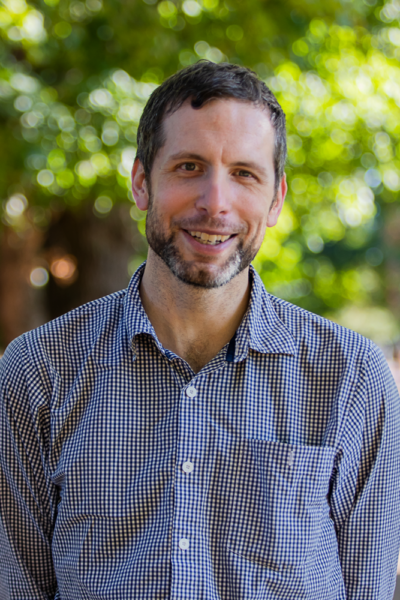A Classical Descent into ‘The Underworld’

Honors College Seminar Series: A Classical Descent into ‘The Underworld’
Featuring Dr. Joshua Hren discussing Gioia’s “The Underworld”
Thursday, February 25, 2021 7:00 PM – 8:30 PM EST

Join Dr. Joshua Hren as he hosts a seminar on former NEA Chairman, California Poet Laureate, and Catholic public intellectual Dana Gioia’s long poem “The Underworld.” The poem, written under the influence of Book VI of Virgil’s Aeneid, Seneca’s The Madness of Hercules (which Gioia has translated), Ovid’s myth of Orpheus, and Dante’s Inferno, nonetheless possesses an utterly contemporary idiom, and pictures an underworld defined by a peculiar blend of bureaucracy and mystery which may be more hellish than any of the monsters made by his predecessor poets.


